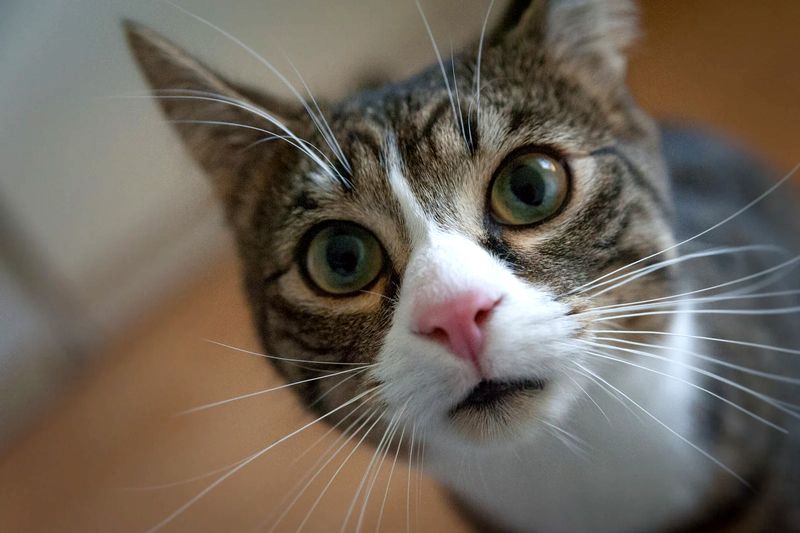Is cat saliva harmful to humans?

Cat saliva is not generally considered to be harmful to humans, although it can cause some mild skin irritation in some people. Cat saliva contains a variety of bacteria, including some that can cause skin infections in humans. However, the risk of infection is low, and most people do not experience any adverse effects from contact with cat saliva.
The most common bacteria found in cat saliva is called Pasteurella multocida. This bacteria is found in the mouths of cats and other animals, and it is not considered to be a major health risk for humans. It can cause skin infections in some people, but these infections are usually mild and can be treated with antibiotics.
In addition to Pasteurella multocida, cats also carry other bacteria in their saliva, including Staphylococcus aureus and Streptococcus species. These bacteria can cause skin infections in humans, but the risk is low. Most people do not experience any adverse effects from contact with cat saliva.
In rare cases, cat saliva can cause a more serious infection called cat scratch fever. This infection is caused by a bacteria called Bartonella henselae, which is found in the saliva of cats. Symptoms of cat scratch fever include fever, swollen lymph nodes, and a rash. Treatment for cat scratch fever usually involves antibiotics.
In addition to bacteria, cat saliva also contains a variety of other substances, including proteins, enzymes, and hormones. Some of these substances can cause mild skin irritation in some people, but the risk is low.
Overall, cat saliva is not generally considered to be harmful to humans. Most people do not experience any adverse effects from contact with cat saliva, and the risk of infection is low. However, it is important to practice good hygiene when handling cats, as this can help reduce the risk of infection. If you experience any skin irritation or other symptoms after contact with cat saliva, it is important to seek medical attention.
